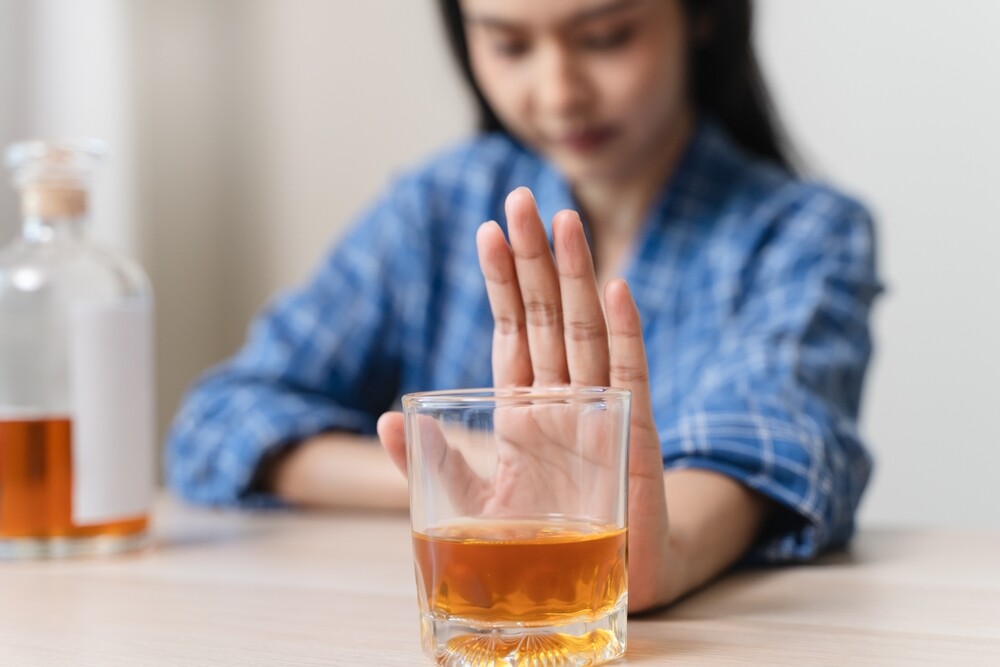Table of Contents
TL;DR:
- Inpatient rehab provides a structured, supportive environment for addiction recovery, with 24/7 support, removal from triggers, and a focus on healing.
- Key components include medically supervised detox, individual and group therapy, medication-assisted treatment (if needed), and holistic therapies.
- Inpatient rehab is beneficial for those needing intensive treatment, a break from their environment, and support in building coping skills.
- Choosing the right program involves considering your specific addiction, treatment needs, preferences, financial situation, and time commitment.
Dealing with drug or alcohol addiction can be incredibly tough. It’s easy to feel lost and unsure of where to turn. If you or someone you care about is struggling, you might be considering inpatient rehab and asking yourself, “What is inpatient rehab?”
Let’s take a closer look.
What is Inpatient Drug Rehab?
Inpatient drug rehab offers a structured, supportive, and immersive space for those struggling with addiction.
Unlike outpatient programs where you stay at home and attend sessions, inpatient rehab means living at the facility during your recovery. This setup allows for a focused and uninterrupted approach to healing.
You’ll step away from the everyday stresses, triggers, and temptations that could interfere with your recovery. Instead, you’ll be supported by medical professionals, therapists, and peers who get what you’re going through and are committed to helping you achieve lasting sobriety.
Key Components of Inpatient Drug Rehab
Detox
Medically supervised detox is usually the first step. It helps you manage withdrawal symptoms safely and comfortably while your body clears out the drug.
Therapy
Both one-on-one and group therapy sessions are important parts of the program.
Individual therapy gives you personalized support to address the issues behind your addiction, while group therapy builds a sense of community and lets you learn from others’ experiences.
Medication-Assisted Treatment (MAT)
Sometimes, medications are used to reduce cravings, manage withdrawal, and prevent relapse. This is often paired with therapy for a more complete approach.
Holistic Therapies
Many inpatient rehab programs also include holistic options like yoga, meditation, art therapy, and mindfulness practices to support overall well-being and build healthy coping skills.
Why Choose Inpatient Drug Rehab?
- 24/7 Support and Structure: Inpatient rehab offers constant care and a daily routine, giving you stability and support when you need it most.
- Away from Triggers: Staying at the facility means you’re removed from the places and situations that might cause cravings or tempt you to use.
- Full Focus on Recovery: With everyday responsibilities put on hold, you can focus all your time and energy on getting better.
- Building Coping Skills: Inpatient rehab helps you learn important coping skills and strategies to prevent relapse, so you’re ready for life after treatment.
What is Inpatient Alcohol Rehab?
Inpatient alcohol rehab is a lot like inpatient drug rehab. It gives you a safe, structured space to focus on getting past alcohol addiction. Many rehab centers actually treat both drug and alcohol addiction, with programs customized to fit each person’s needs.
Unique Aspects of Inpatient Alcohol Rehab
Alcohol Withdrawal Management
Alcohol withdrawal can be particularly dangerous, even life-threatening at times. Inpatient rehab offers medically supervised detox to make sure withdrawal symptoms are managed safely and effectively.
Addressing Underlying Issues
Alcohol addiction often stems from deeper emotional or psychological issues. Inpatient rehab offers individual and group therapy to help you explore these root causes and build healthy coping skills.
Specialized Alcohol Treatment Programs
Many centers have programs specifically for alcohol addiction, focusing on the unique challenges and triggers that come with it.
What is an Inpatient Rehab Facility Like?
You might be picturing a sterile hospital environment or maybe something out of a movie. But what is an inpatient rehab facility actually like?
Inpatient rehab centers can differ, but most aim to make the place feel more like a retreat than a hospital. They typically include cozy living areas, inviting common spaces, and often amenities like outdoor spots, gyms, and even swimming pools.
Here’s a glimpse into what you might find:
- Comfortable Accommodations: Rooms can be private or shared, and they’re designed to help you relax and get some rest.
- Nutritious Meals: Healthy meals and snacks are provided, often with options available for different dietary needs.
- Structured Daily Schedule: Your day will be planned out with a mix of therapy sessions, group activities, and free time. This helps create a routine and keeps you focused on your recovery.
- Supportive Community: You’ll be with others who understand what you’re going through, building a sense of connection and support.
- Variety of Therapies: Depending on the facility, you might have access to things like art therapy, music therapy, or even equine therapy.
- Focus on Life Skills: Many programs also teach life skills like relapse prevention, stress management, and effective communication to help you in the long run.
Choosing the Right Inpatient Rehabilitation Program
Taking that first step towards recovery is a big one, and finding the right inpatient rehab program is crucial for your success. With so many options out there, how do you find the one that’s the best fit for you?
Here are some key factors to consider:
Type of Addiction and Treatment Specializations
- Substance-Specific Programs: Some facilities focus on specific addictions like alcohol, opioids, or prescription drugs. Find one that matches your needs.
- Dual Diagnosis: If you’re struggling with co-occurring mental health disorders like depression or anxiety, look for a place with expertise in dual diagnosis treatment.
Individual Needs and Preferences
- Gender-Specific Programs: Some people feel more comfortable and open in single-gender settings, which can make it easier to share their experiences.
- Age-Specific Programs: Programs designed for specific age groups, like young adults or older adults, can tackle the unique challenges different age groups face.
- Therapeutic Approaches: Explore the types of therapies they offer. Do they match what you’re looking for? Some might focus on cognitive-behavioral therapy (CBT), while others might lean more toward holistic methods.
Cost and Financial Considerations
- Insurance Coverage: Check with your insurance provider to understand your coverage for inpatient rehab.
- Payment Options: Ask about payment plans, sliding scale fees, or scholarships if cost is a concern.
Time Commitment
- Program Length: Inpatient programs usually last anywhere from 30 to 90 days. Think about how much time you can commit and what works best for you.
- Aftercare Planning: A strong rehab program will also focus on planning for aftercare, helping you stay on track with your sobriety after you leave.
Your Path to Recovery Starts Here
Whether you’re looking for help for yourself or someone you care about, remember that recovery is possible. Inpatient rehab offers a safe, supportive space to tackle addiction, learn healthy coping skills, and build a foundation for a better, happier life.
If you’re ready to start your journey to lasting recovery, learn more about our inpatient drug rehab program at Infinite Recovery.
Our caring team is here to offer personalized support and help you every step of the way toward sobriety.

















